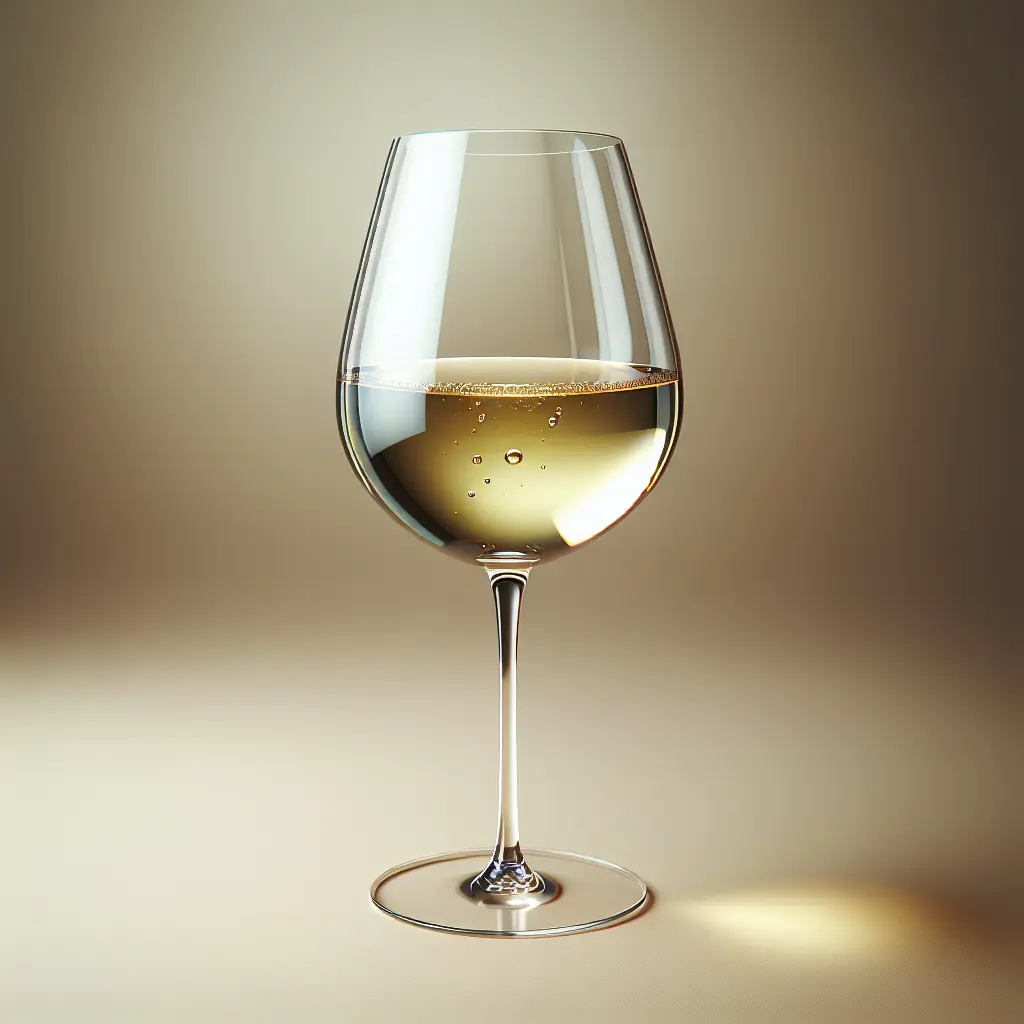Embark on a Journey into the World of Riesling
Riesling, a captivating white wine grape, has captivated wine enthusiasts for centuries with its remarkable versatility and alluring flavor profile. Originating in the picturesque vineyards of Germany, Riesling has spread its wings across the globe, gracing wine regions from Alsace to Australia. This noble grape variety exhibits a remarkable ability to express the unique characteristics of its terroir, resulting in a diverse range of styles that cater to a spectrum of palates.
Unveiling the Sensory Symphony of Riesling
Riesling wines entice the senses with an enchanting symphony of aromas and flavors. On the nose, delicate floral notes of jasmine, honeysuckle, and elderflower dance gracefully, intertwining with hints of ripe fruit such as peach, apricot, and citrus. As the wine swirls in the glass, subtle nuances of slate, petrol, and wet stone emerge, adding a captivating minerality to the bouquet. On the palate, Riesling displays a harmonious balance between natural sweetness and acidity. The sweetness levels can vary from bone-dry to lusciously sweet, offering a range of options to suit individual preferences. The acidity, like a lively dance partner, provides a refreshing vibrancy that complements the sweetness, creating a symphony of flavors that lingers on the palate.
Exploring the Culinary Companionship of Riesling
Riesling's versatility extends beyond its sensory appeal, making it an exceptional culinary companion. Its ability to pair harmoniously with a diverse range of dishes stems from its balanced sweetness and acidity. Delicate Rieslings with vibrant acidity complement light appetizers, such as fresh oysters, ceviche, and goat cheese salads. Slightly sweeter Rieslings pair beautifully with spicy Asian cuisine, balancing the heat with their natural sweetness. For those seeking a dessert wine, sweeter Rieslings offer a perfect accompaniment to fruit tarts, crème brûlée, and blue cheese.
Delving into the Health Benefits of Riesling
Beyond its culinary prowess, Riesling also boasts certain health benefits attributed to its moderate alcohol content and the presence of antioxidants. Studies suggest that moderate wine consumption may reduce the risk of cardiovascular diseases, stroke, and certain types of cancer. Additionally, Riesling contains polyphenols, powerful antioxidants that help protect cells from damage caused by free radicals.
In conclusion, Riesling stands as a true gem among white wines, captivating enthusiasts with its enchanting flavors and remarkable versatility. Its ability to pair harmoniously with a wide range of culinary delights makes it an exceptional choice for both casual gatherings and special occasions. Whether enjoyed as an aperitif, alongside a meal, or as a dessert wine, Riesling promises an unforgettable sensory experience.
How many calories are in Riesling?
Each 1 serving of Riesling contains 118 calories.
Riesling Nutritional Information
| Nutrient | Amount per 1 serving (148g) |
|---|---|
| Calories | 118 Calories |
| Protein | 0.1g |
| Fat | 0g |
| Saturated Fat | g |
| Cholesterol | mg |
| Carbohydrates | 5.5g |
| Dietary Fiber | g |
| Sugar | g |
| Sodium | mg |
| Potassium | mg |
| Calcium | mg |
| Iron | mg |
